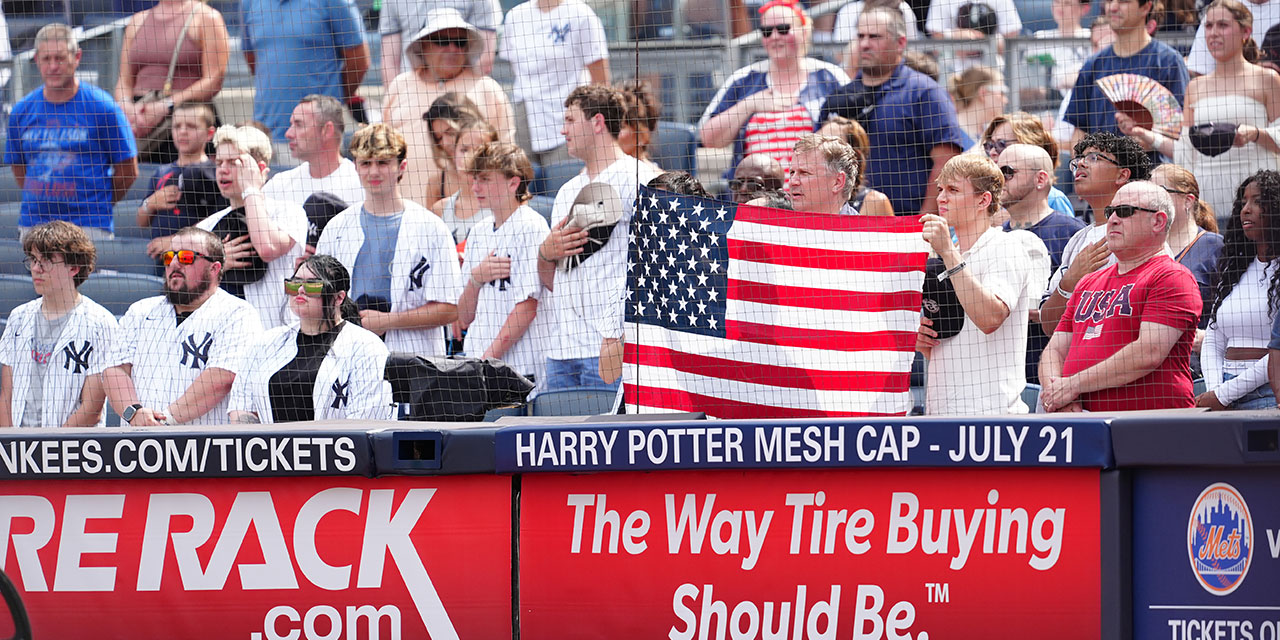Is the new French president, Nicolas Sarkozy, a neoconservative? Ever since his ascent to power, the French media have been brimming with various answers to that question. The debate comes as a surprise, since “neoconservative” has never been part of France’s political vocabulary. Until recently, a neoconservative could only be American—and use of the word was never complimentary.
But Sarkozy has never defined himself as a neoconservative, or even as a conservative, for that matter. He also avoids identification with the word “liberal” (in the European sense, meaning a classical liberal or a supporter of free markets). Instead, he presents himself as a doer—an efficient leader who will keep his promises, restore law and order, control immigration, and encourage hard work and entrepreneurship. Why then all the talk of neoconservatism?
Finally, a reason to check your email.
Sign up for our free newsletter today.
First, by not being anti-American, by actually meeting George W. Bush during his campaign, Sarkozy has given legitimacy to American ideas. It is no longer unpatriotic to compare France with the United States in ways not necessarily favorable to France. Many French intellectuals who didn’t dare cite American ideas of capitalism and democracy suddenly can do so without finding themselves dismissed as traitors or mavericks.
Moreover, Sarkozy’s rhetoric finds common ground with that of certain American neoconservatives, including an emphasis on ethics, law and order, and the free market. Sarkozy repeatedly mentions that Christian values are the basis of his political convictions. (He does not say “Judeo-Christian” values, however, which might have been expected from a Catholic with Jewish ancestors! Perhaps he does not want to antagonize French Muslims and the anti-Semitic far Right; this is France, after all.)
Another philosophical link between Sarkozy and American neoconservatives stems from his rejection of the student rebellions of May 1968, which he considers a source of moral relativism. This perspective isn’t exactly right, since May ’68 was in many respects a libertarian, anticommunist revolt. But the upheaval has become for many the symbol of a laissez-faire attitude toward socially destructive lifestyles. Thus, Sarkozy’s emphasis on law-and-order does have a neoconservative—even a Rudy Giuliani–like—aspect.
Sarkozy’s affinity with neoconservatism becomes more ambiguous, though, when the debate turns to economics. In order to fight the slow growth and high unemployment of the French economy, he strongly suggests that the French should work more and he celebrates entrepreneurship; the Socialists, by contrast, have promoted “job sharing”—two people’s sharing one full-time job—which outgoing president Jacques Chirac passively endorsed. But Sarkozy seems quite uncomfortable with economic globalization, and so far has advocated a mixture of free markets and national protectionism. He is, in other words, no disciple of Milton Friedman. But would U.S. neoconservatives act otherwise?
What about diplomacy? Since De Gaulle, France has taken the side of the Arab world, shown itself to be moderately anti-Israel, and exhibited zero enthusiasm for human rights issues. All this should change under Sarkozy. He is a vocal supporter of Israel’s security and demands harsh sanctions against any Iranian push to become a nuclear power. He has talked of Chinese and Russian human rights violations—not a frequent practice by French leaders, to say the least. His stance, though, may be more about protecting the French market against Chinese dumping than about promoting democracy.
Europe, more than the rest of the world, will be very much on Sarkozy’s mind. He is a strong believer in a “political Europe.” This is code for a view of the European Union as an economic, monetary, diplomatic, and military powerhouse, under a central command: a far-fetched dream that many French leaders have shared. In the name of this political Europe, Sarkozy is against the inclusion of any new members, such as Turkey, that would dilute European unity. There is, however, a major distinction between Sarkozy’s European dream and his forerunners’: Europe, according to Sarkozy, should not be anti-American. He is the first anti-anti-American political leader in France’s history. This is quite a revolution.
Sarkozy has taken the pulse of France. He has discovered that the old anti-American, anticapitalist ideology is dead, that the Marxist influence that long haunted the nation has finally vanished. His neoconservative agenda gives us an increasingly clear—and, for many, surprising—picture of contemporary French society.



